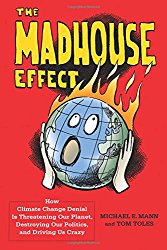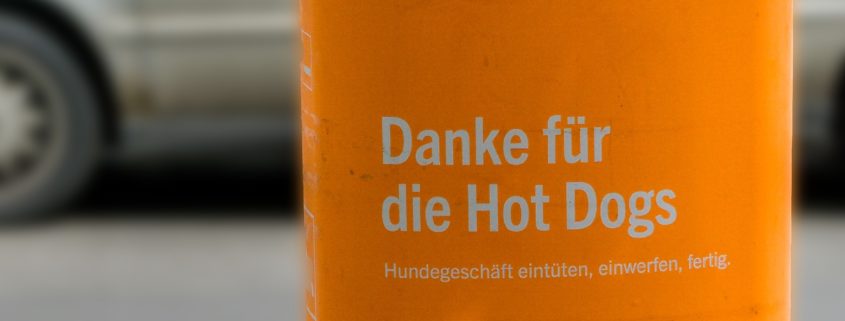One of the key questions in Britain these days is: should croissants be curved or straight? Forget people on the breadline, the Brexit saga, the refugee crisis or Trump – in a move that can only be described as bold, Tesco decided to lift the burden of choice from customers by abandoning the traditional curved version. See Guardian article here. The French President was unavailable for comment.
According to the Oxford English Dictionary (OED), the English term for this kind of situation is First World problem, defined as: a cause of frustration or dissatisfaction regarded as trivial, and arising only as a result of the economic and social privilege, access to technology, etc., associated with the First World. An alternative term is luxury problem. Although the OED editors have so far been reluctant to include this term, it is listed in the popular Urban Dictionary. Perhaps it found its way into English as a verbatim translation of the German term Luxusproblem, which the Duden defines as: Problem, das gegenüber anderen, gewichtigeren als unbedeutend angesehen wird. Another meaning, in case you are wondering, is: Problem, das im Vorhandensein mehrerer guter Lösungsmöglichkeiten in einer besonders günstigen Gesamtsituation besteht.Continue reading full article…








